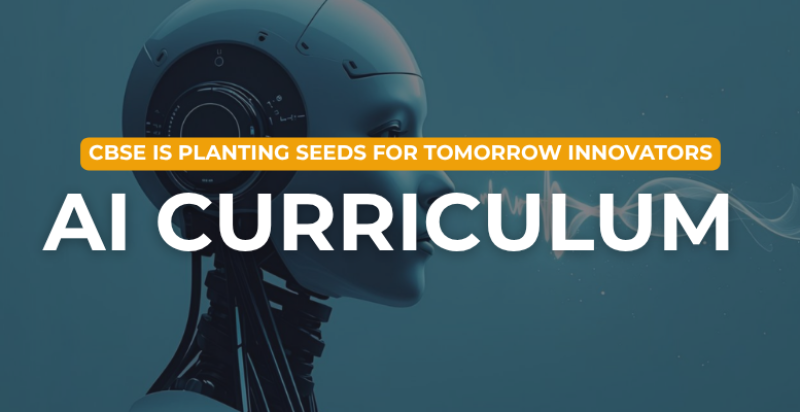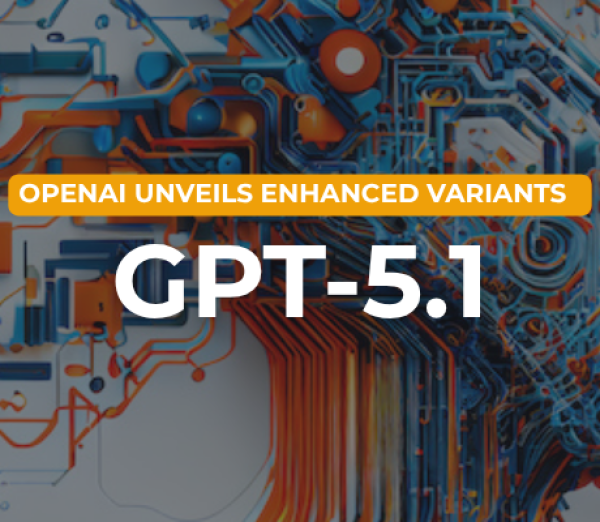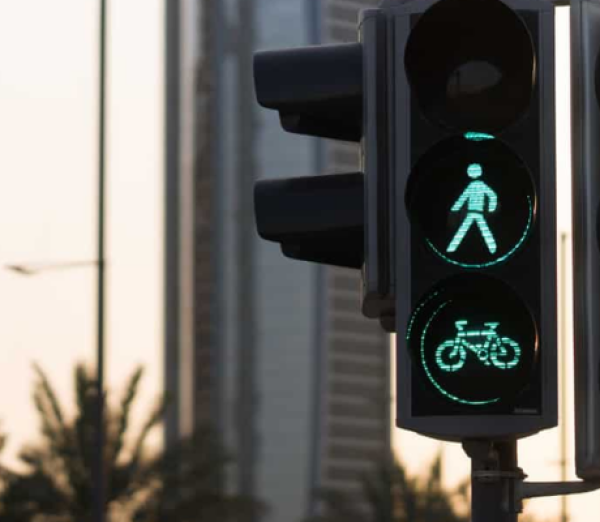CBSE drafts AI curriculum: India’s CBSE is making headlines and breaking ground- literally by deciding to teach artificial intelligence to children as young as eight. Imagine a classroom where third-graders are not only reciting tables or poetry, but also coding simple bots and knowing why an algorithm should be fair. That’s the reality CBSE is setting in motion, one lesson at a time.
A Playground for Curiosity
Instead of treating AI as just another chapter squeezed into science textbooks, the new curriculum turns it into a playground. Children experiment with logic puzzles, create mini projects, and explore how machines “think”-all with the joy of playful discovery, not rote memorization.
Growing Smart, Growing Ethical
As students move up in grades, the syllabus grows with them. By the time they’re teens, they’re not just building programs- they’re learning the consequences, tackling questions like “Can AI make fair decisions?” and thinking about real-world impacts like climate, health, and privacy.
Teaching the Teachers First
CBSE isn’t rolling this out blindly. Before the chalk hits the board, tens of thousands of teachers are being trained, not just on how to run a coding lesson, but how to make kids feel comfortable with tech, answer skeptical questions, and foster genuine excitement.
AI as a Social Tool
One standout philosophy drives the entire effort: “AI for Public Good.” Lessons focus on using technology to fix local problems, from traffic to clean water. The curriculum nudges students to dream up solutions, balancing code with conscience.
A New Generation on the Way
By 2026, India could have an entire cohort of school kids for whom AI isn’t scary or mysterious, it’s just another tool, a way to make life easier, brighter, and fairer. CBSE’s bold curriculum might be what plants the first seeds for tomorrow’s inventors, and maybe, a new tech movement that starts straight from the chalkboard.





2 Comments